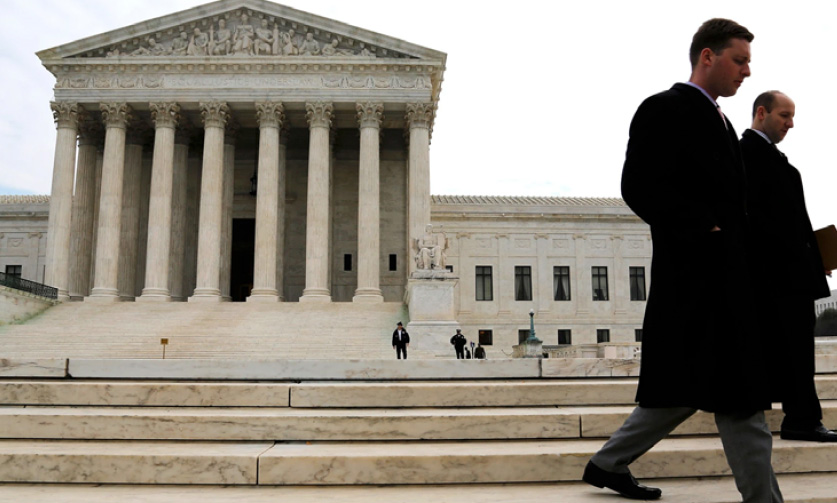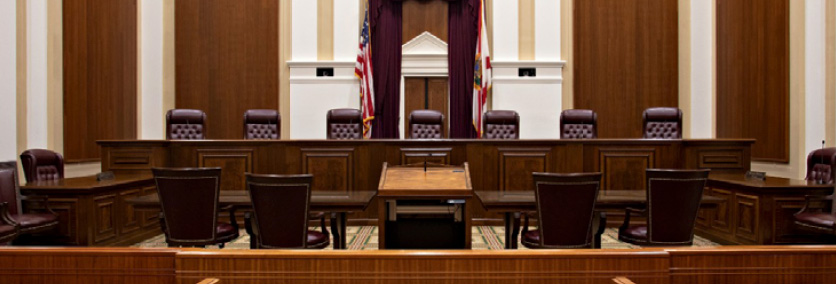The U.S Supreme Court limits employee’s ability to bring up workplace grievances for other employees.
On June 15, 2022, in the closely watched decision of Viking River Cruises, Inc. v. Moriana, the U.S. Supreme Court upheld the enforcement of an arbitration agreement that waived an employee’s right to bring individual claims through a state law, California’s Private Attorneys General Act (“PAGA”). PAGA authorizes aggrieved employees to file lawsuits to recover civil penalties on behalf of themselves, other employees, and the State of California for California Labor Code violations.
Under PAGA,California collects 75% of any penalties collected against the employer and the aggrieved workers receive 25%. In an 8-1 decision, the Supreme Court held that the Federal Arbitration Act requires the enforcement of an arbitration agreement once individual claims are sent to arbitration. In particular, the Supreme Court determined that there is no standing to bring representative claims for violations of the California Labor Code on behalf of other aggrieved employees once the individual claims are sent to arbitration. However, the Court left open the possibility of California adjusting PAGA to permit representative claims in court.
This decision is a victory for employers who can attempt to limit PAGA claims in California by mandating the use of arbitration for employees’ individual PAGA claims. Indeed, PAGA penalty collections in California exceeded $80 million in 2019.

Florida Legislative Update
Under this new law, police can arrest protestors if they ignore a law enforcement order to disperse. The law is classified as a second-degree misdemeanor, and so it carries a maximum penalty of 60 days in jail and a fine of $500.
This new law is certainly controversial. It will be argued on the one hand that the new law can potentially interfere with citizens’ First Amendment rights, while others will argue the law facially protects individuals in their homes and their privacy rights.
Like so many new pieces of legislation in Florida, the new law is likely to be challenged in court. As the law implicates the First Amendment, legal challenges might go all the way to the United States Supreme Court. If such were to occur, then the law will have come full circle, with its birth as an apparent reaction to protests at Justices’ home to its ultimate fate being decided by those same Justices.


